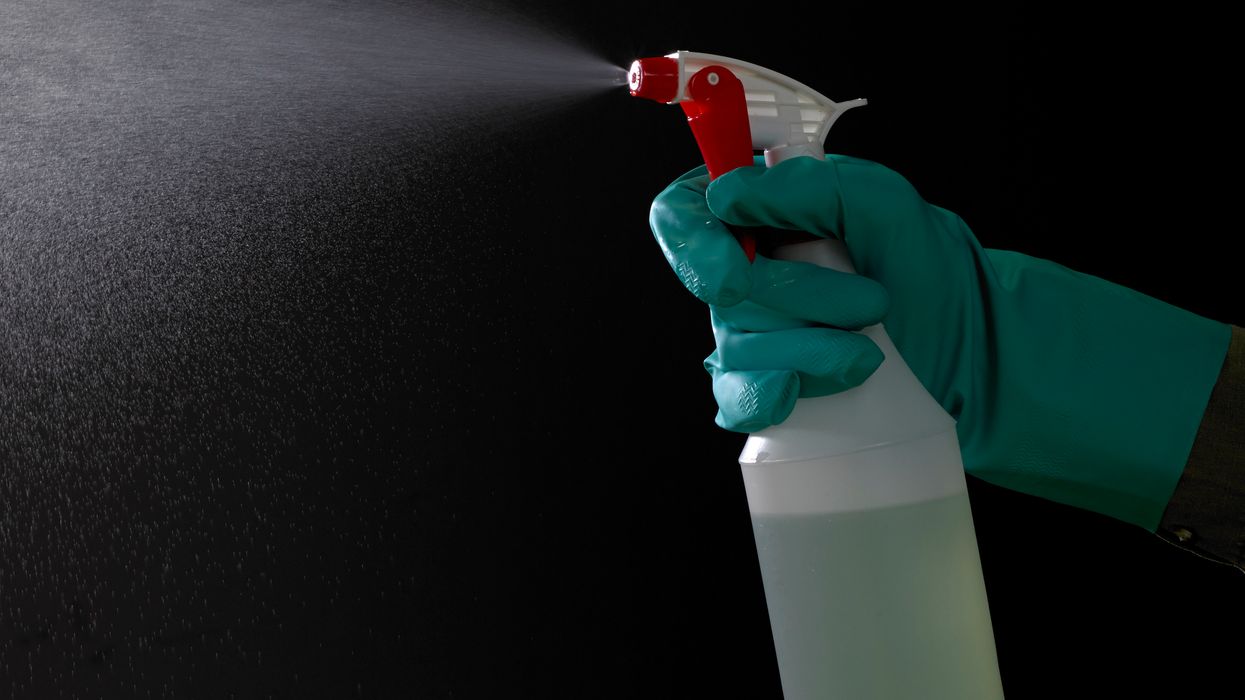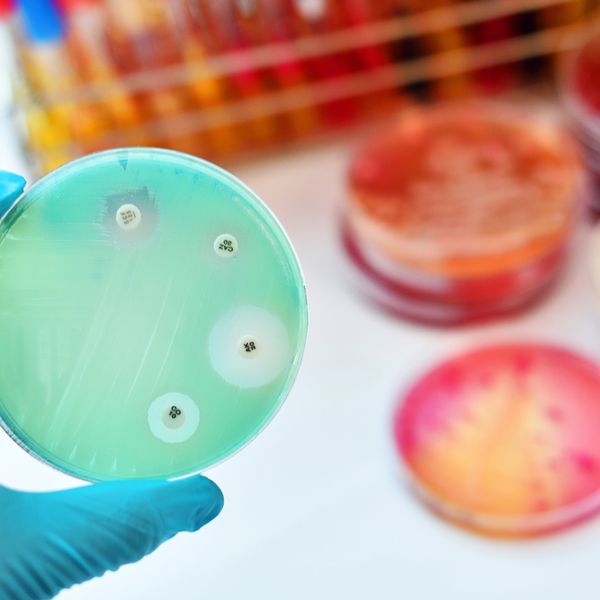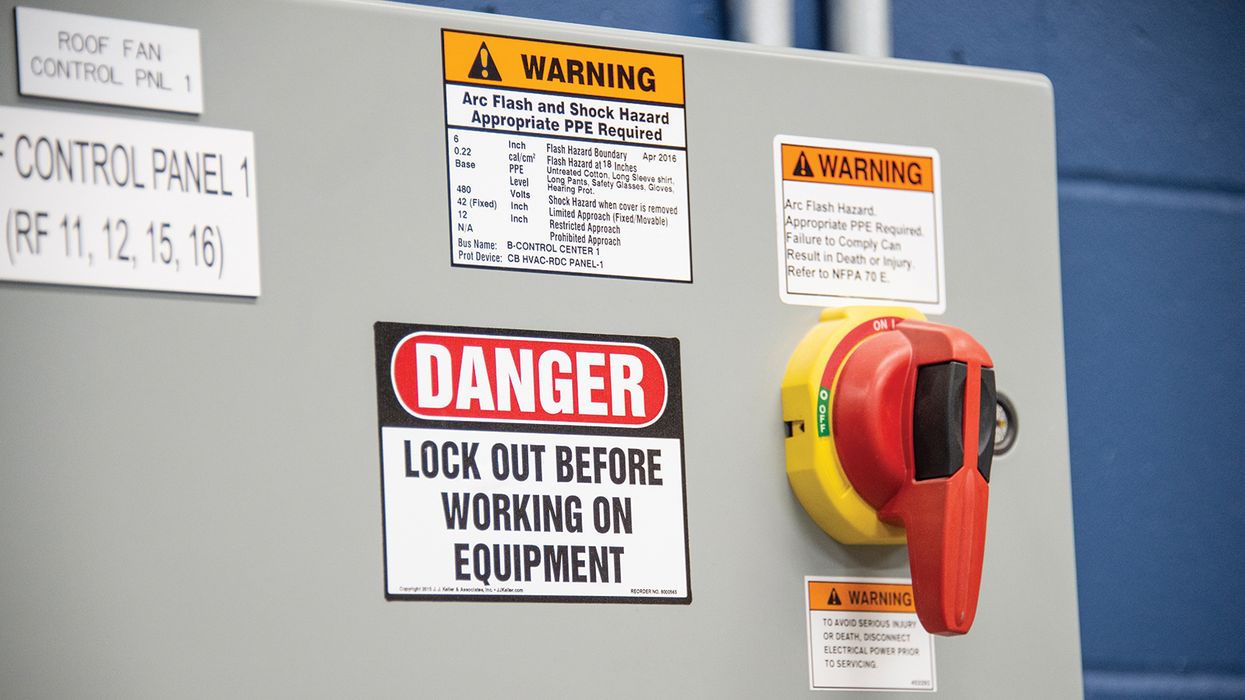Monkeypox virus on EPA’s list of emerging pathogens
In late May EPA launched its emergency viral pathogen (EVP) guidance in response to recent cases of monkeypox in the U.S. The agency says it expects the products found on its List of Disinfectants for Emerging Viral Pathogens (List Q) will kill monkeypox when used according to their product label directions.
The agency explains that when rare or novel viruses cause outbreaks of disease, there may be few if any disinfectants that have been tested and registered for use against that specific pathogen. However, to prepare for situations like these, EPA created the EVP guidance, which allows disinfectant manufacturers to submit data to EPA demonstrating a product’s efficacy against difficult-to-inactivate viruses.
Monkeypox is “easier” to kill
The good news is EPA confirms that monkeypox belongs to a group of viruses that is more susceptible to disinfectants than other types of viruses. That means these viruses are the easiest to inactivate. While there are no disinfectants registered for use against monkeypox, all products with EVP claims have been tested against viruses that are more difficult to kill than monkeypox.
Pathogens with EVP guidance
Currently, the EVP guidance is active for the following pathogens:
- Monkeypox virus — Monkeypox is a rare disease that is caused by infection with monkeypox virus. The EVP guidance activated in May 2022 and expires May 2023. More information is found on “List Q Disinfectants for Emerging Viral Pathogens (EVPs).”
- SARS-CoV-2 and variants — SARS‑CoV‑2 is the virus that causes COVID‑19. This virus’ EVP guidance activated in January 2020 and will be active indefinitely. More information is found on “List N Disinfectants for Coronavirus (COVID-19).”
- Rabbit Hemorrhagic Disease Virus (RHDV2) — RHDV2 is a highly contagious fatal disease in rabbits. It does not impact human health. The EVP guidance activated in July 2020 and expires in July 2022. More information is found on “List O Disinfectants for Use Against Rabbit Hemorrhagic Disease Virus (RHDV2).”
More information
Learn more on EPA’s Emerging Viral Pathogen Guidance and Status for Antimicrobial Pesticides webpage.
Of course, the use of products with EVP claims supplements, but does not replace, other infection control practices. Individuals should follow Centers for Disease Control and Prevention (CDC), state, and local public health guidelines. The CDC website offers general information about the transmission, signs and symptoms, prevention and control, and treatment of monkeypox, as well as the 2022 monkeypox outbreak itself.






















































